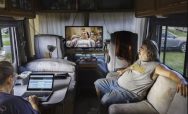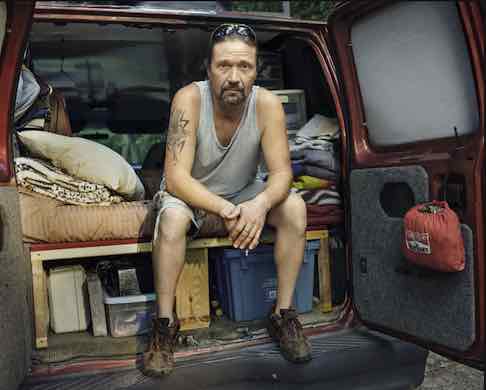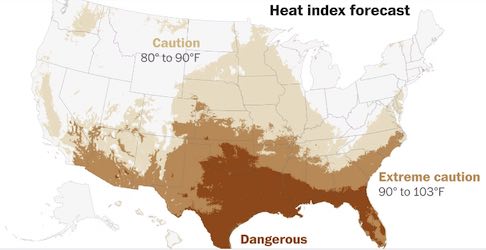 A massive dome over the western and southern United States has left Americans sweltering in soaring temperatures, poised to approach all-time records in Phoenix, Las Vegas and California’s Central Valley and surpass 130 degrees in Death Valley, Calif., the heat capital of the world. Excessive-heat watches cover 15 states from New Mexico, to Arizona and California, and Texas.
A massive dome over the western and southern United States has left Americans sweltering in soaring temperatures, poised to approach all-time records in Phoenix, Las Vegas and California’s Central Valley and surpass 130 degrees in Death Valley, Calif., the heat capital of the world. Excessive-heat watches cover 15 states from New Mexico, to Arizona and California, and Texas.
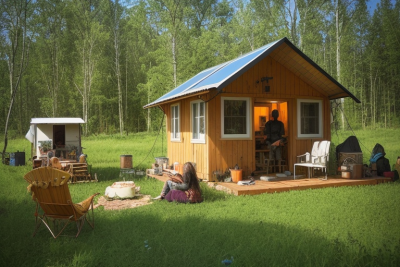
Navigating the Off-Grid Lifestyle: Challenges and Triumphs
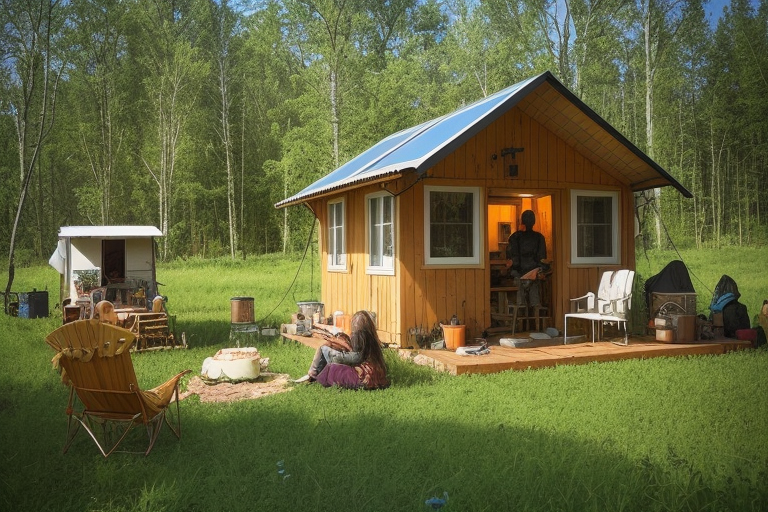 My husband and I have lived 100% off the grid since December 2007, there have been many ups and downs on our journey, and journey it has been, I have never considered “off grid” as a destination but an ongoing journey. Once one challenge has been overcome, there are always more challenges to look forward to, hint: challenges are not negative.
My husband and I have lived 100% off the grid since December 2007, there have been many ups and downs on our journey, and journey it has been, I have never considered “off grid” as a destination but an ongoing journey. Once one challenge has been overcome, there are always more challenges to look forward to, hint: challenges are not negative.
Energy independence
One of the primary challenges of off-grid living is achieving and maintaining energy independence. Without access to traditional power sources, off-gridders rely on renewable energy solutions such as solar panels, wind turbines, or hydroelectric systems. While these technologies have come a long way, their efficiency and reliability can be affected by factors like weather conditions and geographical location.
The property we purchased had the option of having electricity run, but there were no actual utilities on the property, we never wanted to be hooked up to the grid so it was very simple to go with our own systems rather than relying on the grid for our electricity and other utilities.
Water
Securing a reliable source of water is crucial for off-grid living. Many off-gridders rely on wells, rainwater harvesting, or other alternative water sources. However, droughts, contamination, and water quality issues can pose significant challenges. Effective water management and conservation practices become essential to ensure a sustainable and sufficient water supply.
This was very easy for us, even though we purchased in the desert, there is a good water table underground for wells, and there is also a rainy season (monsoons) that occurs during the later summer/early fall months, collecting rainwater is something many of our neighbors do, we also collect rainwater.
What to do with all that trash…
Proper waste disposal is another hurdle for those living off the grid. Without access to municipal waste services, off-gridders must adopt eco-friendly waste management practices. Composting toilets, recycling, and responsible disposal of non-biodegradable waste become integral components of an off-grid lifestyle.
Do you need other people?
The remoteness of many off-grid locations can lead to social isolation, posing a challenge for individuals who thrive on social interactions. Limited access to healthcare, educational resources, and community services may also contribute to feelings of isolation. Building a supportive off-grid community and leveraging modern communication technologies are vital for overcoming these challenges.
I find there are 2 different kinds of people, those who need social interaction, and those who don’t, of course, there is a spectrum here. My hubby and I tend to fall more into the less social interaction side of this, we enjoy our semi-isolation so it’s not a problem for us.
Who is going to pay for all of this?
Transitioning to an off-grid lifestyle can require a substantial initial investment in renewable energy systems, water infrastructure, and sustainable housing. While the long-term savings on utility bills may offset these costs, the upfront financial burden can be
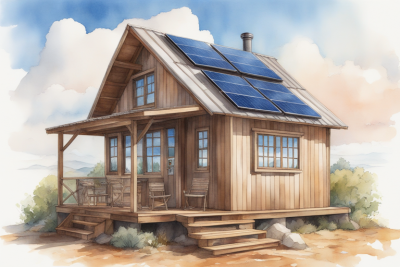
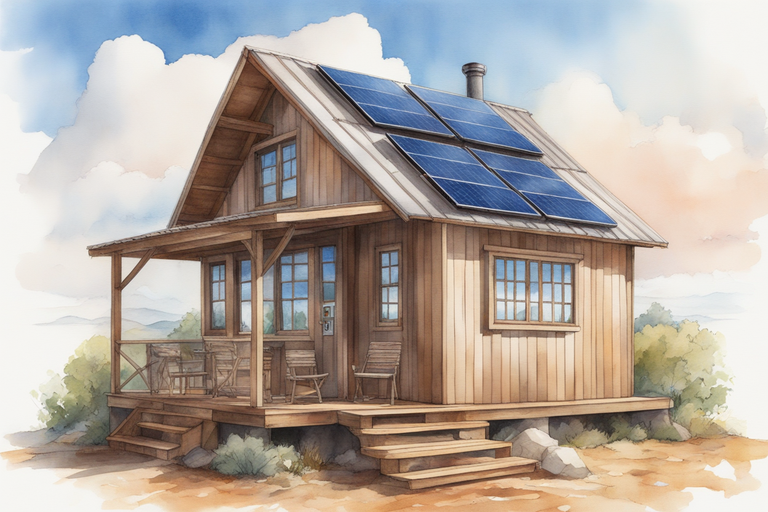 In a world dominated by technology and constant connectivity, the idea of living off the grid might sound like a radical departure from the norm. However, there’s a growing movement of individuals and families who are choosing to embrace a simpler, more self-sufficient lifestyle by disconnecting from the traditional grid. In this blog post, we’ll explore the compelling reasons why you should consider living off the grid.
In a world dominated by technology and constant connectivity, the idea of living off the grid might sound like a radical departure from the norm. However, there’s a growing movement of individuals and families who are choosing to embrace a simpler, more self-sufficient lifestyle by disconnecting from the traditional grid. In this blog post, we’ll explore the compelling reasons why you should consider living off the grid.


